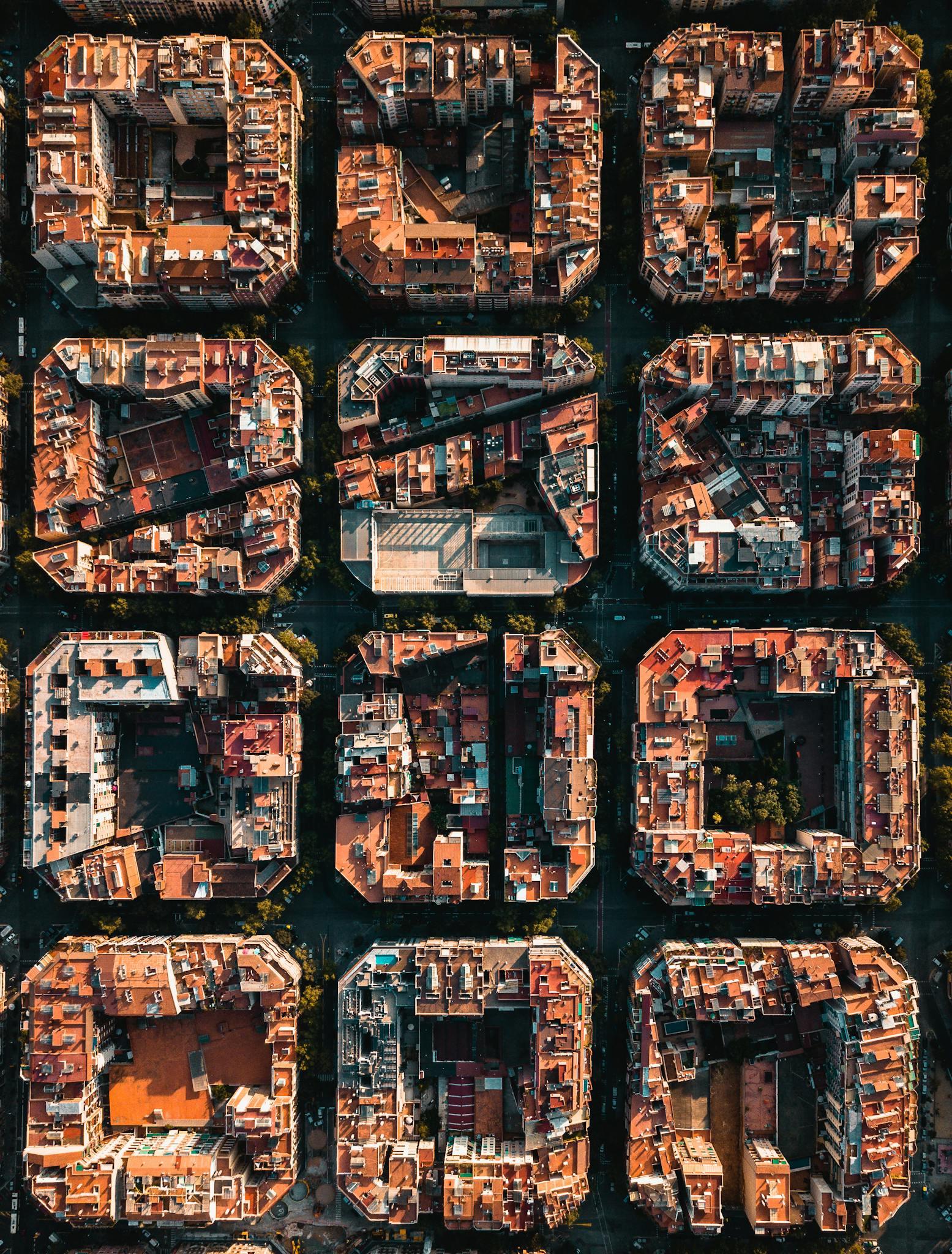‘They’re provoking the city to become a showcase, a real estate show’ - A Catalan Housing Solicitor’s Lament on Barcelona’s Gentrification
(Note: this interview was conducted in Spanish. As such, any quotations have been translated by me.)
In Barcelona, there is a massive housing crisis. It is not overpopulation but gentrification. Racism is a problem. Working-class immigrants face the brunt of marginalisation, profiling and being pushed out of the increasingly monopolised real estate markets. Here is the critical distinction that has to be made between expats and immigrants. Both are someone from abroad, the latter is a person typically of lower wages, of mistranslated currencies. The former earns (well) above the local pay grade, often from companies based in their hometowns. They are richer, more socio-economically powerful, and, more often than not, they are white.
I met Dani in La Librería Finestres, in L’Eixample, a central barrio of Barcelona, home to La Sagrada Familia as well as a boundless sea of luxury boutiques and trendy cafés. Fitting, perhaps, as Dani had come to talk to me about the city’s gentrification and housing crisis.
Dani is Catalan through and through, a lawyer specialising in housing who every day watches his city reconfigure under the influences of tourism and is left to help pick up the pieces for the locals who are getting pushed out of their homes into the suburbs.
Erasmus students, tourists, and the white, ‘global salary’-earning expats are steadily pushing up housing prices and running locals out of the metropole. ‘This has very serious implications. If the locals disappear, our parties disappear, our language disappears’. Now, more people in Barcelona speak English than Catalan; locals are less than a third of the population.
What struck me was Dani’s identification of the blurred line between right- and left-wing politics in Barcelona – the blurred line between progressive policies and regressive outcomes. The socialists say, ‘We're going to renovate the urban tissue and we're going to pedestrianise the streets’. It’s not obvious at first, but something sold as ‘social commitment’, he explains, is just making the city a ‘real estate show’, attracting wealthy investors and priced-up Airbnbs.
Without safeguards on housing prices, so-called 'positive' policies are displacing long-time residents under the guise of progress. ‘It’s like Venice’, he said. ‘There are no Venetians left. It’s a theatre for tourists'.
Later that day, Dani forwarded me an article from Forbes: ‘Barcelona Announces Plan To Ban Tourist Rental Apartments By 2028’.
‘Too late, ’ he wrote to me. ‘Too soft.’.

Post a comment